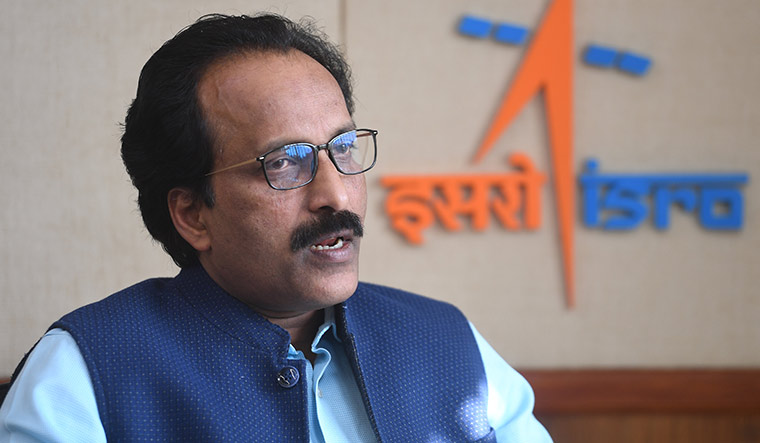Kolkata: Indian Space Research Organisation (ISRO) chairman S. Somanath has said the essence of Chandrayaan-3 extends beyond a mere call to embrace space studies; it urges participation in the broader realms of engineering and science, fostering a dynamic scientific community.
Talking to the PTI here on Tuesday, Somanath highlighted the importance of cultivating a scientific pool that not only fuels space exploration but also explores diverse industrial avenues.
He underscored that Chandrayaan-3’s significance lies in catalysing interest not only in space research but also in science and technology domains, attracting the younger generation by presenting the challenges and advancements in these fields.
The success of the moon mission has not only energised space -related disciplines, but also opened avenues in engineering, mathematics, and cutting-edge technologies like electronics, he added.
“We have to attract the young generation and tell them about the challenges in science and engineering and improvement in working environment. The success and enthusiam in moon mission brought that excitement,” he said.
“We are very good in the IT sector and continue to be one of the leading employers, but now we have started electronics. If you are looking into electronics industries, we are not looking at the top. We are supplier of systems. But not creator of hardware systems. Slowly that is coming in,” he said.
Somanath envisioned the moon mission’s ripple effects, foreseeing increased interest in AI, robotics, IoT applications in agriculture, remote sensing for crop insurance, telecom equipment manufacturing, medical technical instrument production, among others.
He noted ISRO’s evolving role from space exploration to establishing a robust manufacturing base, poised to cater to the global market demands.
Speaking about collaborations with other space agencies, said ISRO is building a joint satellite NISAR (NASA-ISRO Synthetic Aperture Radar).
“An international space station is coming up with other nations as partners,” he said, adding ISRO is tying up with European Space Agency, Japan, Germany and Australia for the purpose.”
Additionally, he highlighted ISRO’s contributions to climate monitoring, weather forecasting, agriculture and cartography.







